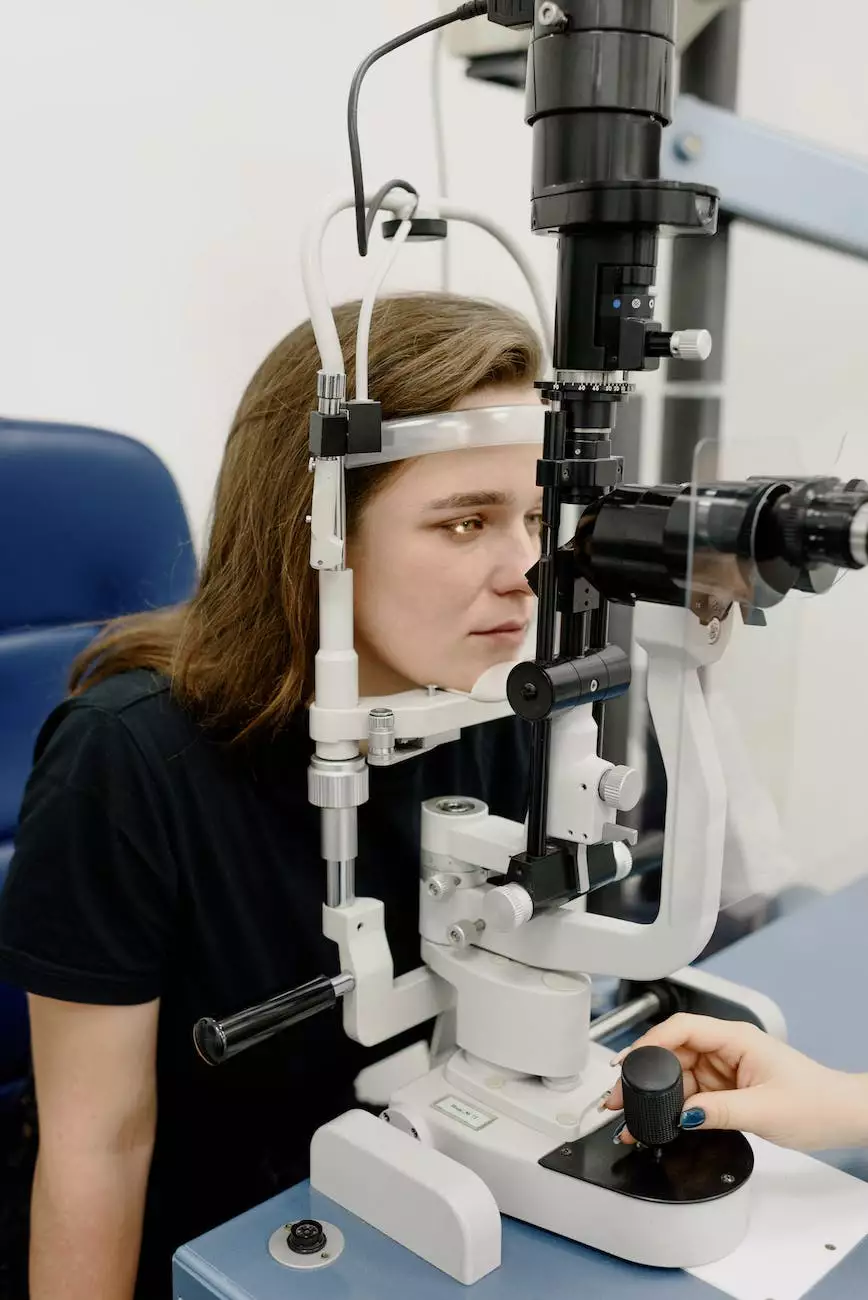How Does A Doctor Test For Acid Reflux?

Are you experiencing frequent heartburn, regurgitation, and other symptoms that suggest you may have acid reflux? Acid reflux, also known as gastroesophageal reflux disease (GERD), is a common digestive disorder that occurs when stomach acid flows back into the esophagus.
If you suspect you have acid reflux, it is essential to consult with a healthcare professional for an accurate diagnosis and appropriate treatment. Minneapolis Weight Loss Doc, a leading healthcare provider in the field of acid reflux and weight management, offers comprehensive diagnostic services to help determine the presence and severity of acid reflux in individuals.
Diagnosing Acid Reflux
Diagnosing acid reflux involves a series of tests performed by qualified physicians, specializing in gastroenterology.
1. Medical History and Symptom Evaluation
The diagnostic process typically begins with a detailed medical history review and a comprehensive evaluation of the symptoms you are experiencing. During this stage, your doctor will ask you various questions related to your symptoms, their duration, and any associated factors. It is crucial to provide a complete and accurate account of your symptoms to assist in an accurate diagnosis.
2. Physical Examination
After analyzing your medical history, your doctor may conduct a physical examination to check for any visible signs or physical indicators of acid reflux. This examination may involve assessing your throat, chest, and abdomen.
3. Imaging Tests
Your doctor may recommend certain imaging tests to visualize the internal structures and functions of your esophagus and stomach. Some common imaging tests for acid reflux include:
- X-ray: An X-ray of the upper gastrointestinal tract can show any abnormalities or abnormalities in the esophagus, such as a hiatal hernia.
- Upper Endoscopy: Also known as an esophagogastroduodenoscopy (EGD), this procedure uses a flexible tube with a camera to examine the esophagus, stomach, and upper small intestine. It can help identify any inflammation, narrowing, or other abnormalities.
4. Esophageal pH Monitoring
Esophageal pH monitoring is a key diagnostic test to assess the presence of acid reflux. This test measures the amount of acid in your esophagus over a certain period. Two common methods for esophageal pH monitoring include:
- Wireless pH monitoring: This technique involves inserting a small wireless device through your nose, down to your esophagus. The device measures and records the pH levels in your esophagus for a specified time.
- Bravo pH monitoring: A catheter-free option, the Bravo pH monitoring system involves attaching a small capsule to the esophageal lining during an endoscopy. The capsule then records pH levels and transmits the data to a recording device worn by the patient.
5. Manometry
A manometry test is performed to assess the function and movement of the esophagus. This test measures the pressure in the esophagus and helps determine if the muscles are functioning properly. It can provide valuable insights into the potential causes of acid reflux symptoms.
Treatment Options for Acid Reflux
Once a definitive diagnosis of acid reflux is made, treatment options will be discussed. Effective management of acid reflux involves lifestyle modifications, medications, and in some cases, surgical intervention.
Lifestyle Modifications:
Simple changes in your daily habits and diet can significantly improve acid reflux symptoms. Your doctor may recommend:
- Dietary changes: Avoiding trigger foods, reducing portion sizes, and eating smaller, more frequent meals can help prevent acid reflux.
- Weight loss: If you are overweight, losing weight can help reduce the frequency and severity of acid reflux episodes.
- Avoiding alcohol and tobacco: Both alcohol and tobacco can worsen acid reflux symptoms.
- Posture changes: Maintaining an upright position for at least 2-3 hours after meals can alleviate symptoms by preventing acid from flowing back into the esophagus.
Medications:
Various medications are available to manage acid reflux symptoms and reduce the production of stomach acid. Your doctor may recommend:
- Antacids: Over-the-counter antacids can provide temporary relief by neutralizing stomach acid.
- H2 blockers: These medications reduce acid production and provide longer-lasting relief compared to antacids.
- Proton pump inhibitors (PPIs): PPIs are powerful medications that reduce stomach acid production and promote healing of the esophagus.
Surgical Intervention:
In cases where lifestyle modifications and medications fail to provide adequate relief, surgical intervention may be considered. Surgical procedures like fundoplication can help strengthen the lower esophageal sphincter (LES) and prevent acid reflux.
At Minneapolis Weight Loss Doc, we offer personalized treatment plans tailored to your specific needs. Our experienced medical professionals utilize advanced diagnostic techniques and evidence-based therapies to provide effective acid reflux management.
Conclusion
If you suspect you may have acid reflux, it is crucial to seek medical attention from a qualified healthcare professional. The team at Minneapolis Weight Loss Doc specializes in acid reflux diagnosis and treatment, offering comprehensive solutions for individuals seeking relief from their symptoms. Remember, early diagnosis and proper management can significantly improve your quality of life. Don't let acid reflux hold you back!




